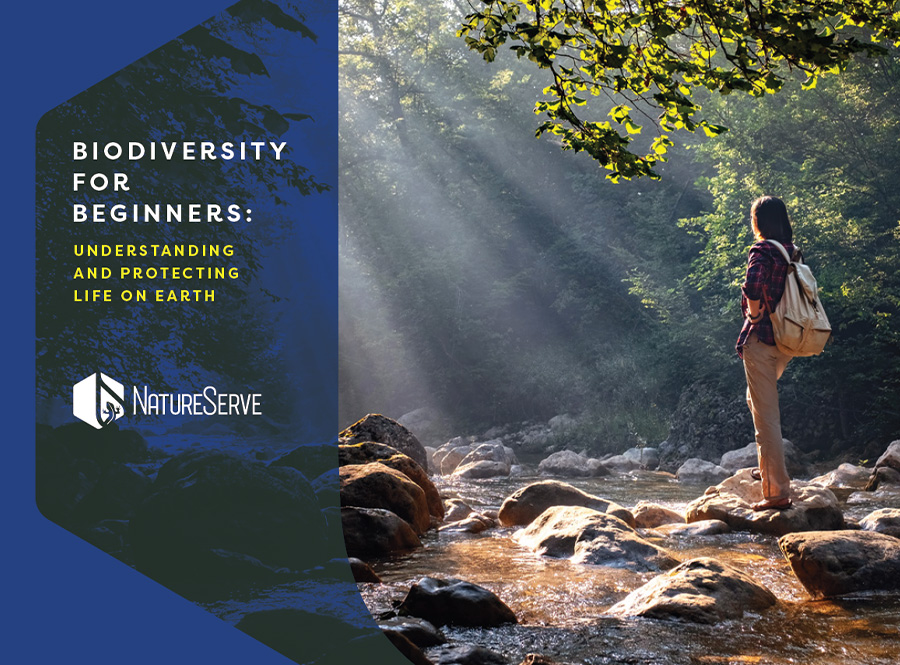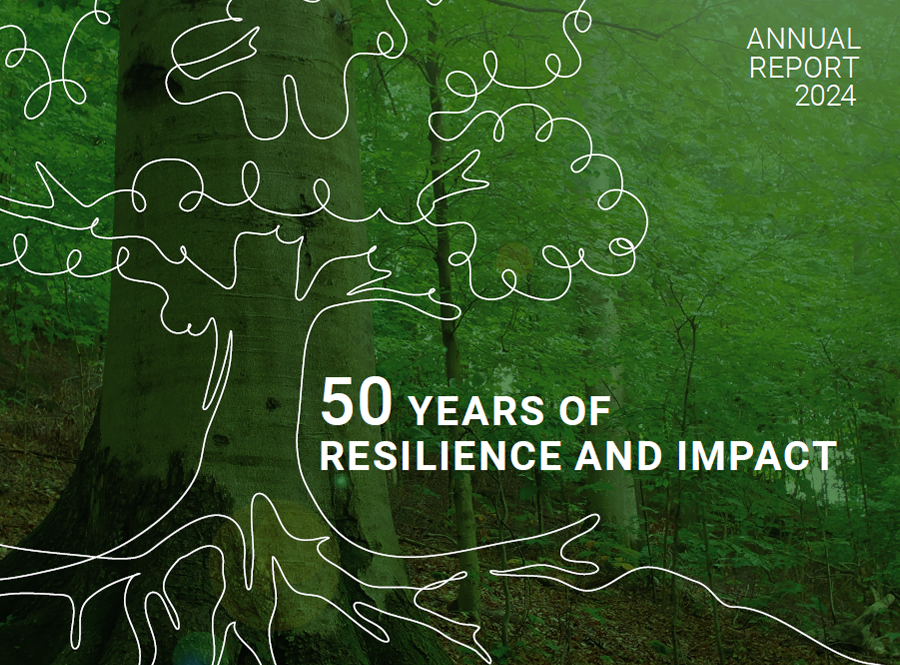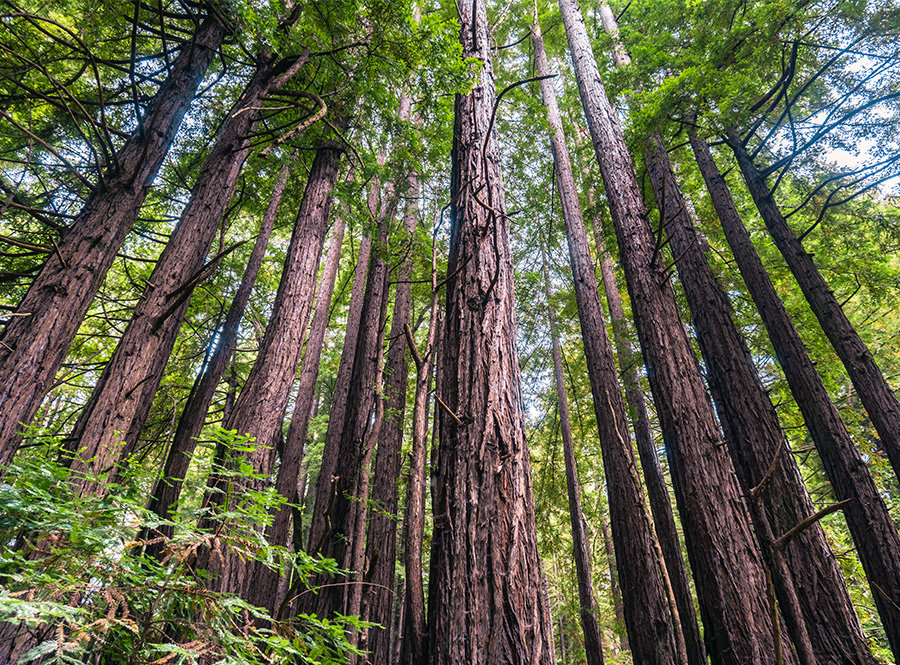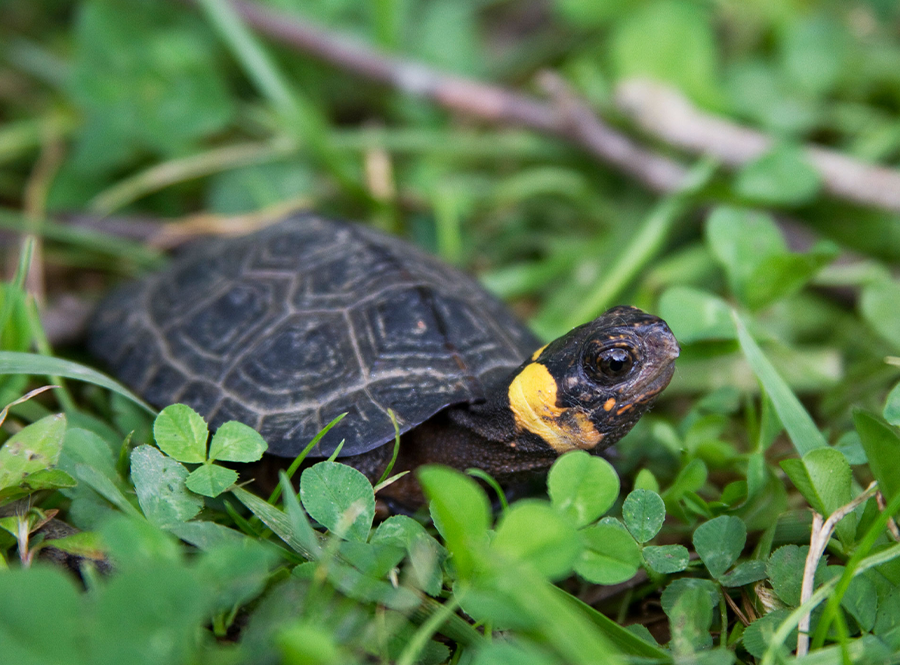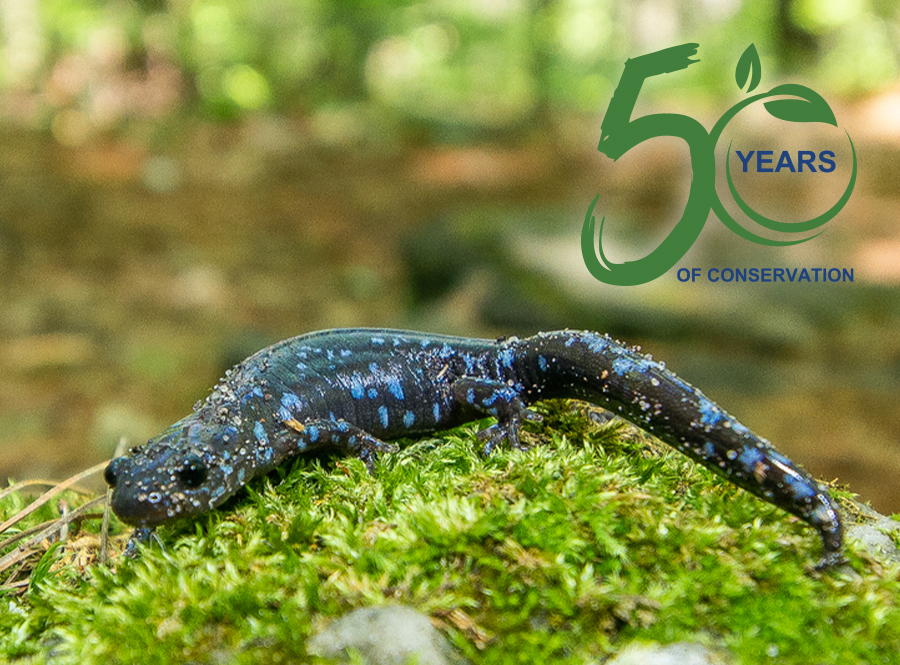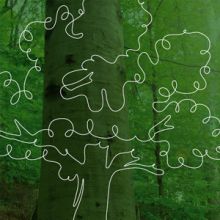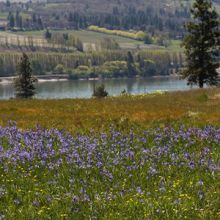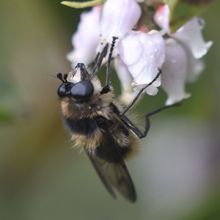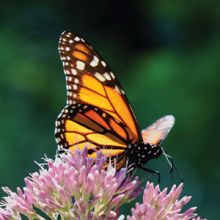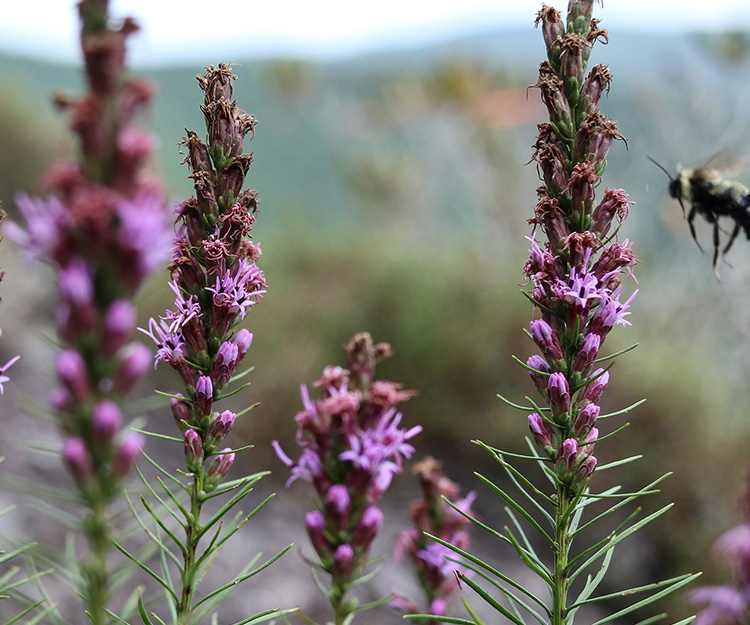
Our Data
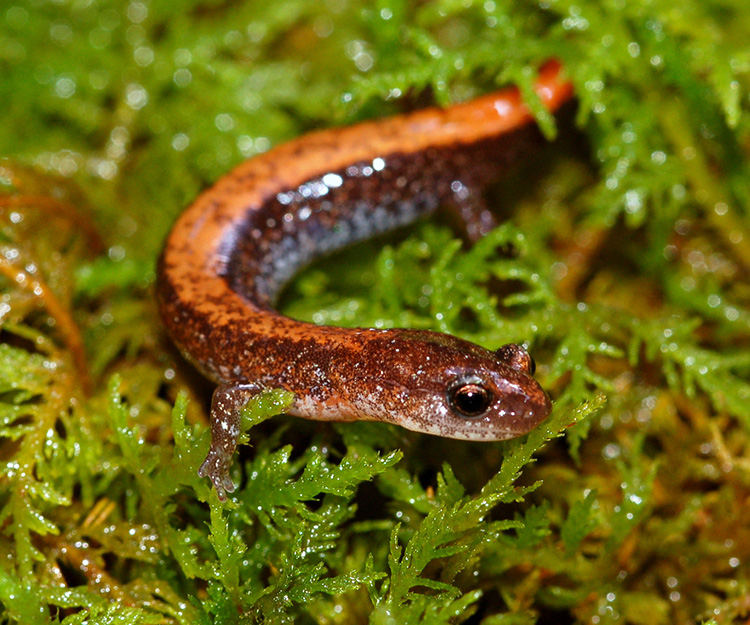
Our Mission
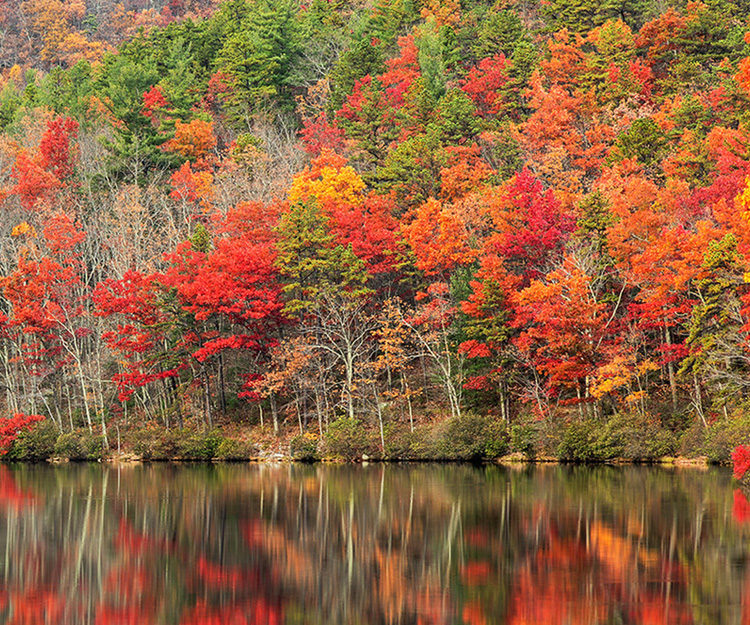
Our Work in Action
Our
Impact
For 50 years, NatureServe has provided essential biodiversity data, guiding conservation efforts across North America. By uniting experts and organizations, we help protect species, ecosystems, and the natural world for future generations.
Learn more60+
member programs in the United States and Canada
expand_circle_right
The NatureServe Network informs conservation decisions at local, regional, and global scales.
1,000
scientific experts and conservation professionals
expand_circle_right
Local expertise ensures accurate biodiversity data collection, assessment, and application.
100,000
species tracked in our database
expand_circle_right
We focus on the most imperiled species to guide conservation action.
7,000
ecosystems classified in our database
expand_circle_right
Our data helps to identify, map, assess, and protect imperiled ecosystems—and the species within them.
1,000,000+
mapped locations in our database
expand_circle_right
Location-specific data is crucial to targeting conservation action.
900,000
annual users of NatureServe tools
expand_circle_right
NGOs, state agencies, federal land managers, and businesses all rely on NatureServe data to make wise decisions.
Latest From NatureServe
Support Us Today
The connection between biodiversity and public health is more apparent than ever. Reflecting on the countless benefits that healthy ecosystems and rich biodiversity provide us, take action today to protect their future.
Sustaining Gifts
By making an automatic gift each month, our sustaining donors ensure that NatureServe is consistently growing its far-reaching efforts to preserve biodiversity—every day of the year.
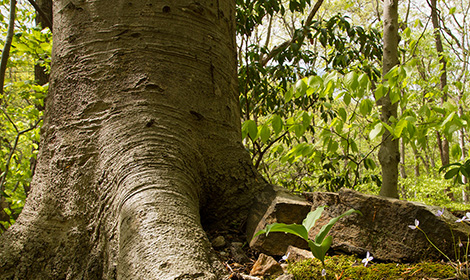
Adopt-A-Species
Now you can become a biodiversity champion and adopt a native plant or animal. In addition to being recognized on your chosen species' page on NatureServe Explorer, you will be supporting the expert staff at NatureServe who ensure that critical data on the taxonomy, distribution, and conservation status of species and ecosystems are accurate and available to conservation decision-makers.
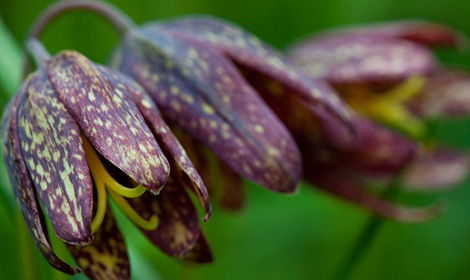
Heritage Circle
When you include NatureServe in your estate plans, you play a key role in ensuring that the plants, animals, and places you care about will be enjoyed by future generations. As part of our Heritage Circle, your investment in NatureServe is an investment in the future of biodiversity.
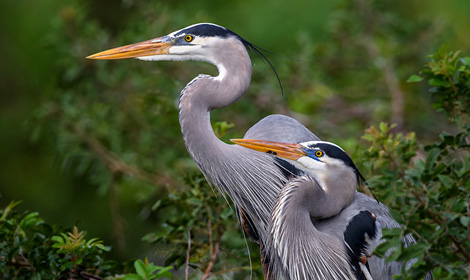
Oak - Beech / Heath Forest. Photo by Sam Sheline, NatureServe.
Chocolate Lily (Fritillaria biflora). NatureServe Global Status: Vulnerable (G3). Photo by M.E. Sanseverino.
Great Blue Heron (Ardea herodias). NatureServe Global Status: Secure (G5). Photo by Diana Robinson.
NatureServe is a nonprofit, tax-exempt charitable organization under Section 501(c)(3) of the Internal Revenue Code. Donations are tax-deductible as allowed by law.
